Fans of classical music and top 40 die-hards may not always have similar tastes.
But for master violinist and composer Maxim Vengerov, a classical music concert isn’t such a far cry from a pop gig.
“If you go to pop concerts, you can get your emotions out, you know? You can sing and shout and it’s a great experience,” the 48-year-old explains.
“Now, a classical concert is a more serene, more spiritual experience – but still, you let out your feelings, you release your emotions.”
Vengerov, who is considered one of the greatest living violinists, is speaking ahead of his concert with the Romanian National Philharmonic Orchestra in Perth next week.
And though he’s hasn’t played at Perth before, he’s “very excited” to bring a varied programme to the concert hall‘s stage – and from the line-up, it’s clear his advocacy for the modern matches his devotion to the classic.
‘Violin can be a very lonely instrument’
“Modern contemporary composers are equally inspiring, and to make your premiere with a contemporary master can be very fulfilling in spirit,” he explains.
That’s good news for Perth audiences, who will be witness to Vengerov playing the world premiere of “good friend” Alexey Shor’s Symphonic Prelude.
But for those of a more classical persuasion, fear not – the concert will include works by Russian masters Prokofiev and Tchaikovsky, with Vengerov promising the kind of sonic and emotional diversity he is known for, both as a musician and a conductor.
“I’m not conducting in this show, but I do conduct,” he says, and explains that for him, playing and conducting are almost symbiotic.
“Violin can be, sometimes, a very lonely instrument,” he admits. “But when you’re actually conducting, you have a more intimate relationship with the other musicians.
“It’s very soul-fulfilling and gives me a lot of inspiration back to my violin-playing.”
Having made his debut aged just five in the then-Soviet Union, Vengerov’s lifelong love for the violin is both palpable and infectious.
That “lonely instrument” has taken him all over the world, thanks to his “tough but fair” tutor, the late Galina Turchaninova.
He recalls that to prove to her that he had “strong hands” as a child, he punched his beloved tutor in the stomach; now, more than 40 years into his career, he credits his success to a different kind of strength.
“You have to be strong enough to take care of your luggage to the airport, but the strength is not so much physical!” he laughs.
“It’s more strength of mind, and great love and passion for music. Music is flame, and for me, to be a musician is about carrying the torch everywhere I go, to people all over the world.”
‘Without words, I could play with them’
All over the world is no exaggeration. A dedicated humanitarian, Vengerov has travelled from hill-trapped communities in Thailand to war refugee camps in Uganda, playing his music for children who may otherwise never lay eyes (or ears) on a violin in real life.
“I’ve seen kids who have lost all their family, and who have very little to look forward to in their lives,” he recalls soberly.
“Yet, when you take the violin out of the case, they relate to joy, they relate to music and rhythm.
“I remember in Uganda… they started making music together! It was one of the greatest joyful experiences of my life, where without words, I could play with them, have fun, you know?”
That bond was especially crucial for the musician during the pandemic. When streaming performances with Classic FM from an empty concert hall over lockdown, Vengerov stresses that the quarter of a million people tuning in were at the forefront of his mind as he played.
“Behind the cameras, behind the microphones, I knew we were streaming it for people,” he says. “It was a very beautiful thing. It gave me, and some members of the audience I think, great hope in such dark times.”
‘It’s so painful that I can’t go to Russia’
Now for the Russian-Israeli performer, a new dark cloud is looming as the war between his former homeland and Ukraine wages on.
“As a musician, I’m privileged to play everywhere, and it’s so painful for me that I can’t go to Russia at this moment,” he admits.
“For me… having Russian roots, it hurts me deeply, profoundly, what’s happening today.”
But true to his first, lasting love – the violin – Vengerov believes music’s power to bring people together across nations, moments and conflicts cannot be underestimated; and that long-loved Russian music should not suffer because of “temporary turbulence”.
“It fills me with joy to know that music, regardless of the language we speak, may speak to others without words,” he smiles.
“And we must speak from heart to heart.”
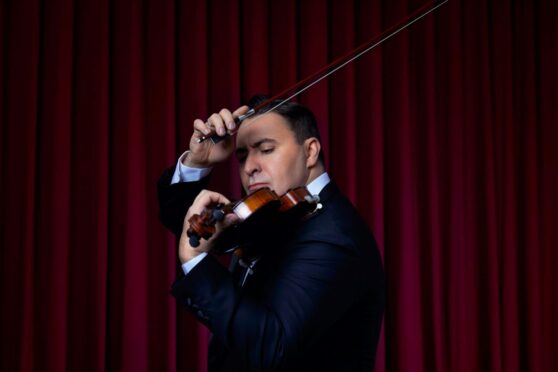
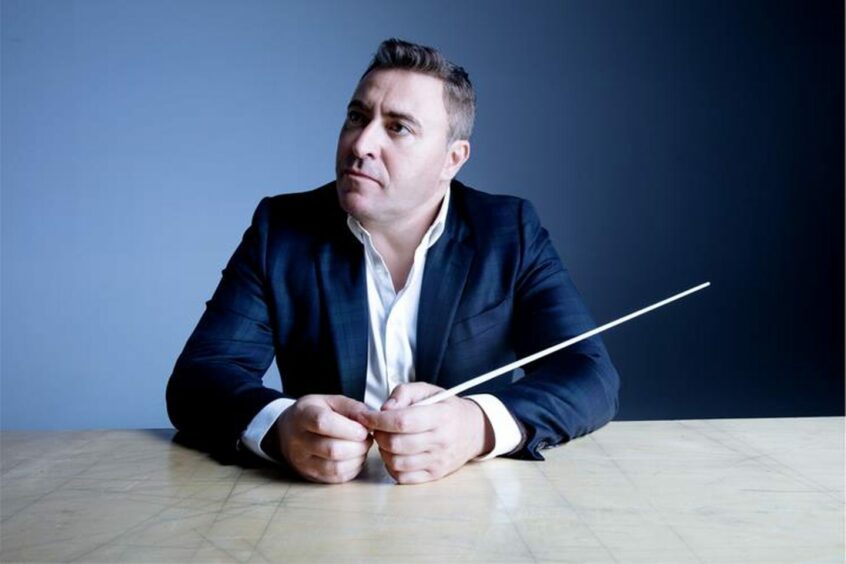
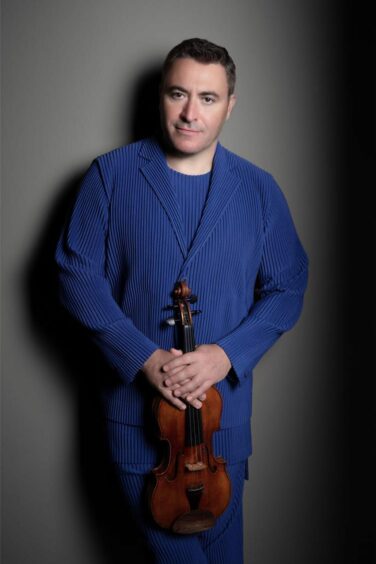
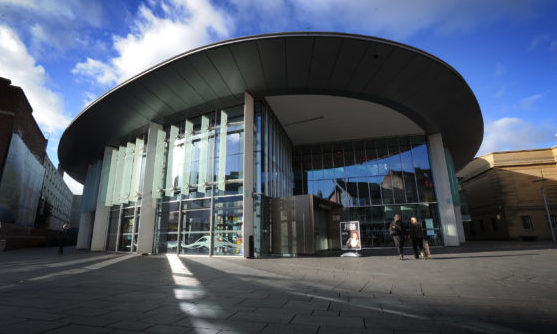
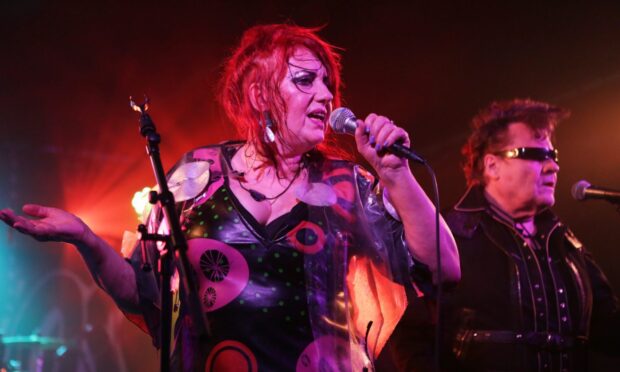
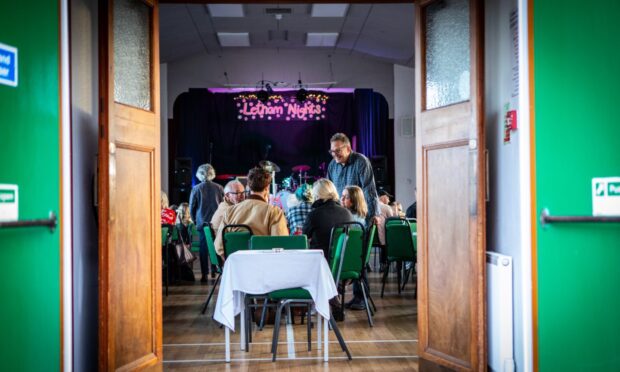
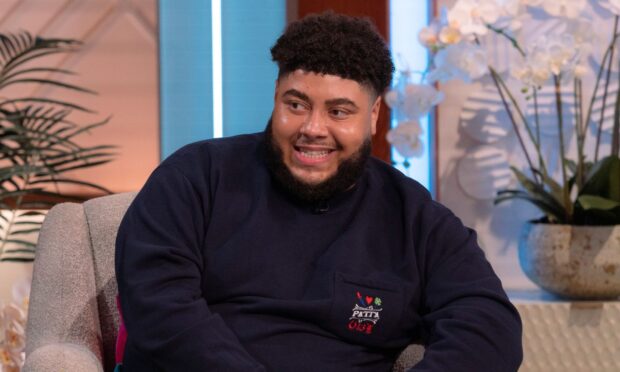
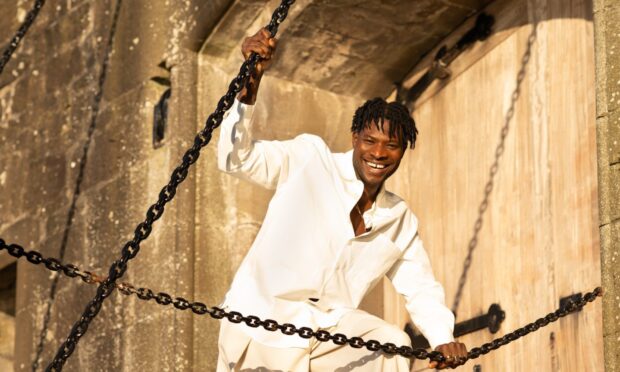

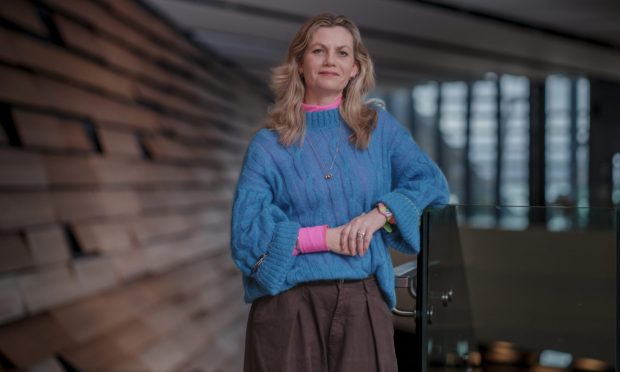
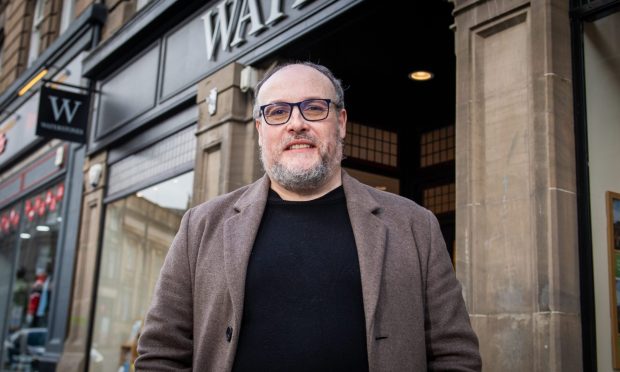


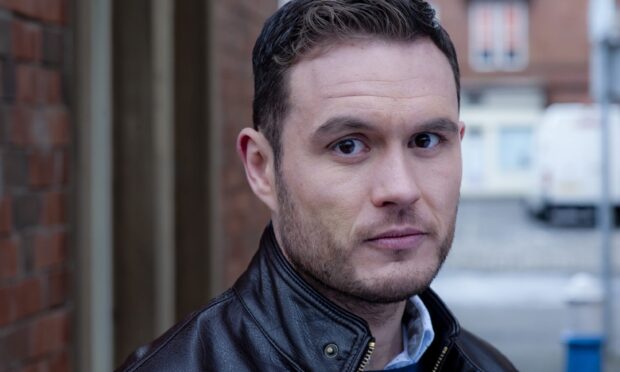
Conversation